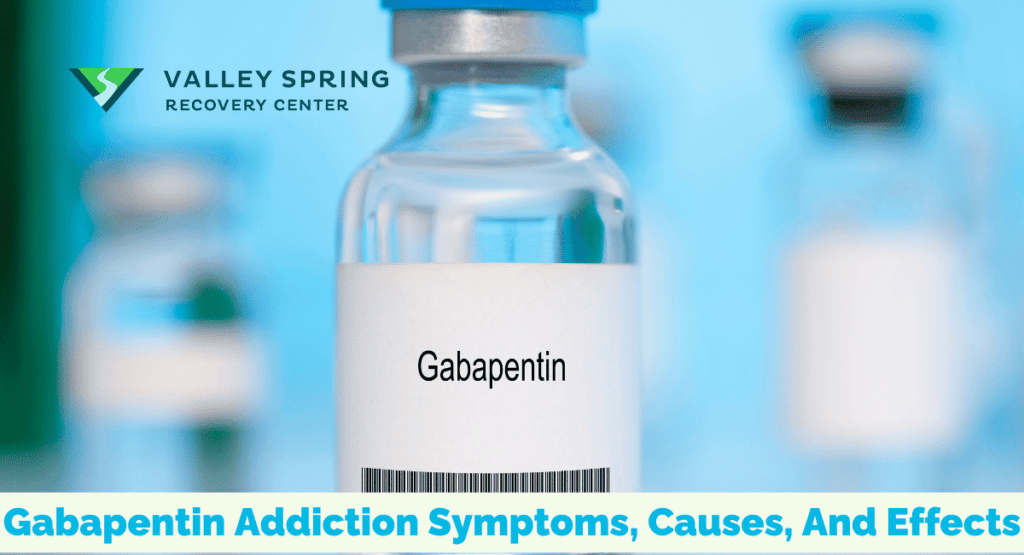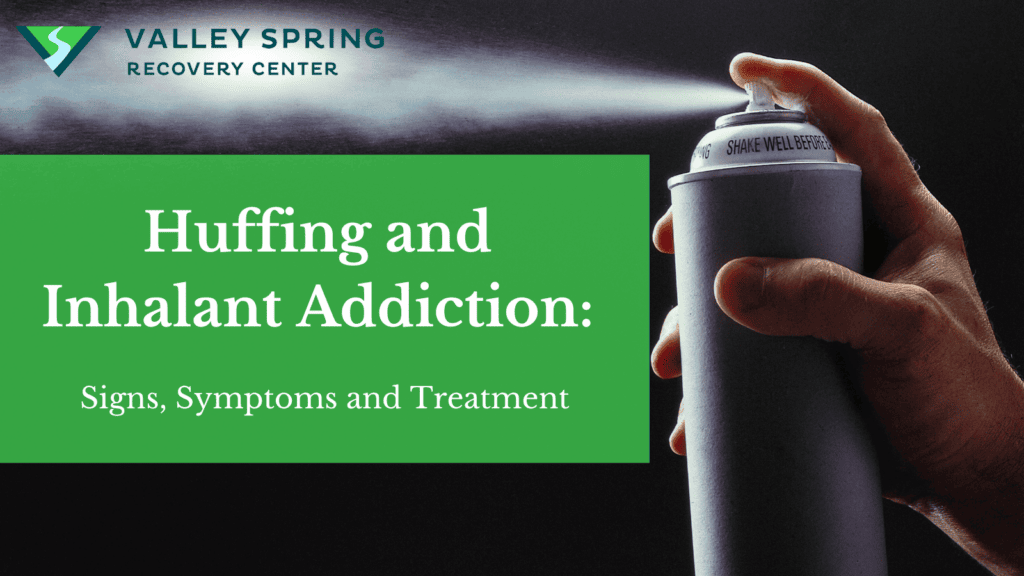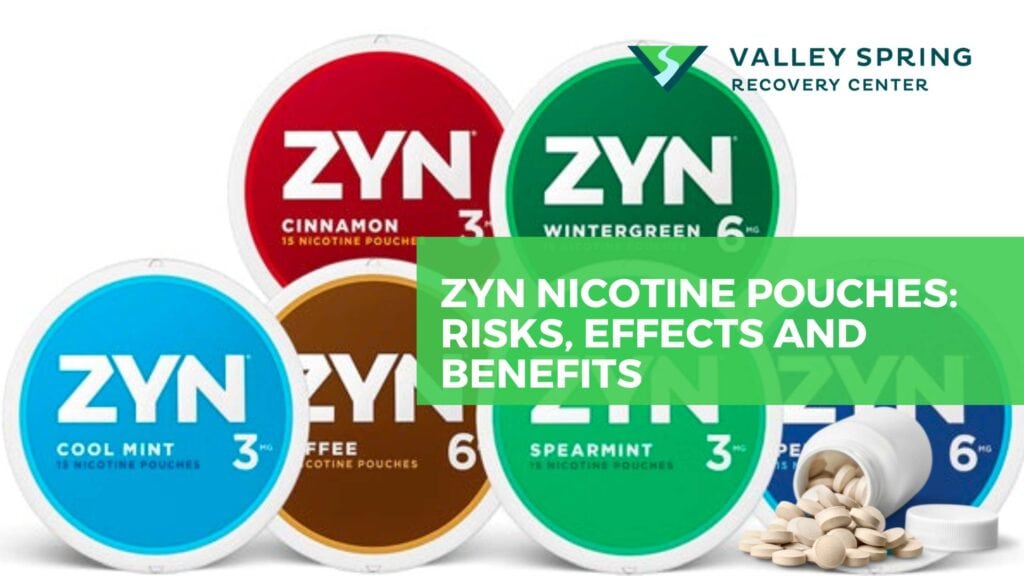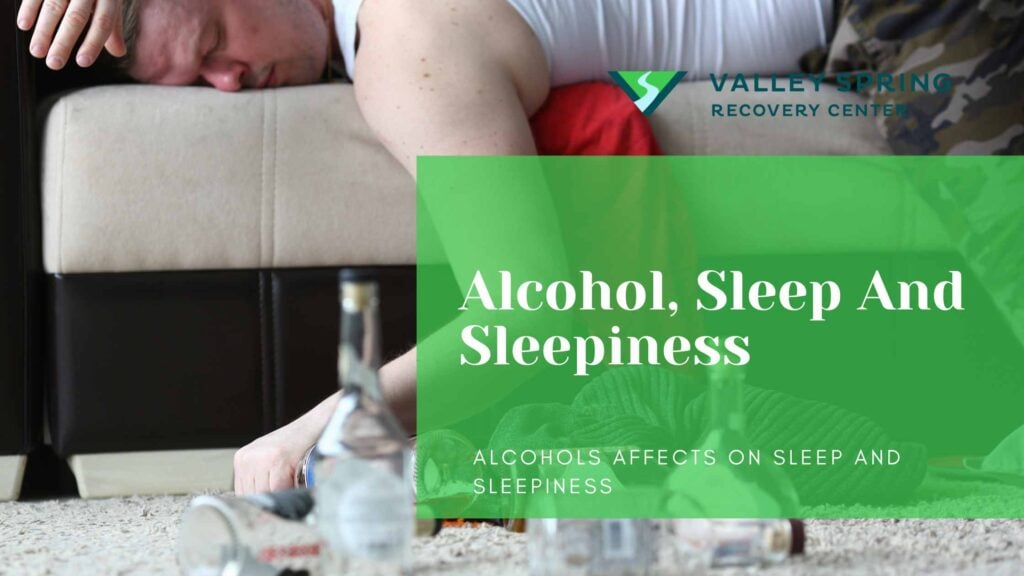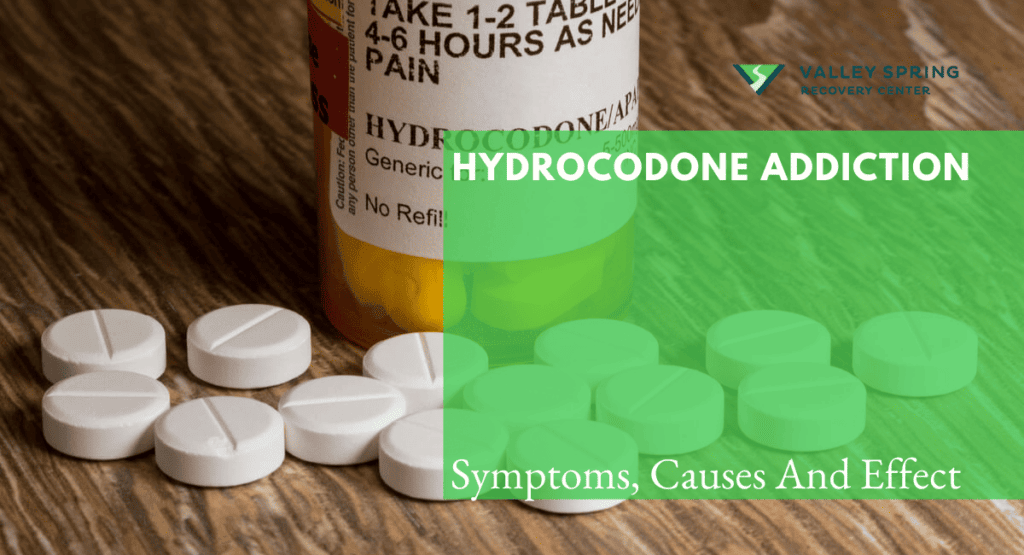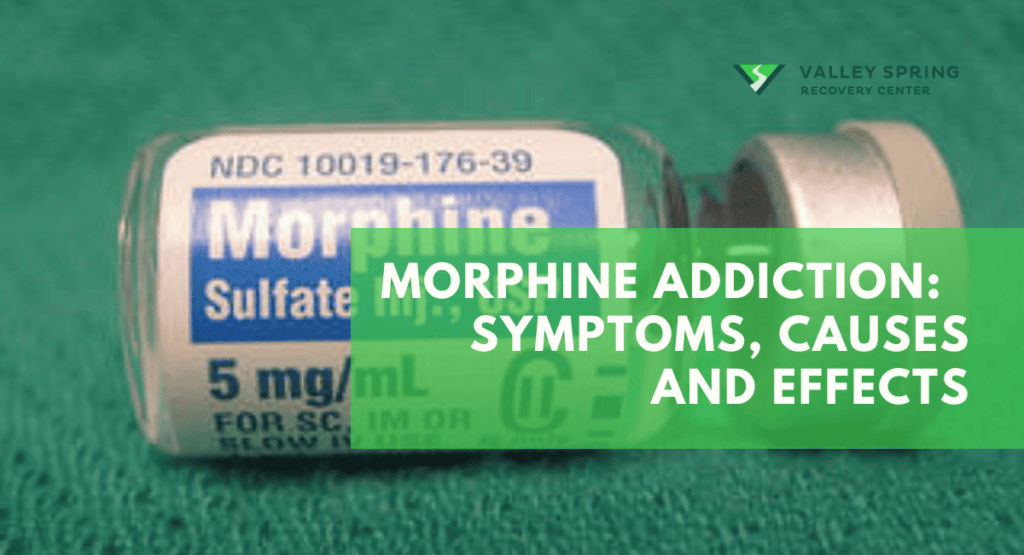Gabapentin is an anticonvulsant medication used to treat seizures by decreasing abnormal excitement in the brain that. While gabapentin is not typically considered highly addictive, it can be misused or lead to dependence in some cases. Recent studies have shown that among individuals with gabapentin prescriptions or generic Neurontin, misuse rates range from 40% to 65% (NCBI).
The Symptoms of gabapentin addiction may include Increased tolerance, needing higher doses for the same effect, and withdrawal symptoms when use is discontinued. Individuals may also begin taking gabapentin without a prescription or in higher doses than prescribed, neglecting responsibilities due to gabapentin use, and continuing its use despite negative consequences.
Causes of gabapentin addiction can involve seeking relief from pain, anxiety, or seizures followed by increased tolerance leading to higher doses and ultimately dependence.
The effects of Addiction may include drowsiness, dizziness, cognitive, impairment, and can rob you or your loved one of the joy and fulfillment in life.
What is Gabapentin Addiction?
Gabapentin addiction refers to a situation where an individual becomes physically or psychologically dependent on gabapentin, a medication often prescribed for various medical conditions such as epilepsy, neuropathic pain, and anxiety disorders. While gabapentin is not considered highly addictive like some other substances, you can develop dependence in some cases.
Physical Dependence on the substance occurs when the body adapts to the presence of gabapentin, leading to withdrawal symptoms when the medication is reduced or stopped. It is also possible that you may develop a psychological craving for the effects of gabapentin, leading to continued use even when it’s no longer medically necessary.
Most people misuse or abuse Gabapentin drugs by taking higher doses than prescribed, using it without a prescription, or combining it with other substances to achieve a euphoric effect. This population counts for more than 15% to 22% of all opioid users. (Dugs.com)
It’s important that you only use gabapentin as directed by a healthcare professional and seek help if you have concerns about dependence or addiction. Treatment options may include therapy, support groups, and gradual tapering of the medication under medical supervision.
What makes Gabapentin addictive?
Gabapentin’s addictive potential is relatively low compared to substances like opioids or stimulants, but it can still lead to dependence in some users. The mechanisms through which gabapentin affects your brain and can potentially be addictive include:
- GABA Modulation: Gabapentin indirectly affects the brain’s gamma-aminobutyric acid (GABA) neurotransmitter system. GABA is responsible for inhibiting neural activity and promoting relaxation. Gabapentin increases GABA levels, which can lead to a calming effect that some individuals find desirable.
- Pain and Anxiety Relief: Gabapentin is often prescribed to alleviate neuropathic pain and manage anxiety disorders. People may misuse it to experience relief from these conditions or to achieve a sense of relaxation.
- Euphoric Effects: In some cases, individuals may misuse gabapentin to produce feelings of euphoria or well-being. This effect is more commonly associated with higher-than-prescribed doses or recreational use.
- Cross-Addiction: People who have a history of substance abuse may be at a higher risk of developing dependence on gabapentin, as they may misuse it alongside other substances.
Why Is Gabapentin Prescribed?
Gabapentin is commonly used to treat some types of nerve pain but is classified as an anticonvulsant medicine, not as an opioid or painkiller.
Gabapentin was first approved in 1993 and is used to treat:
- postherpetic neuralgia, a nerve pain caused by the shingles virus (herpes zoster),
- restless legs syndrome (RLS), a painful movement disorder in the legs
- partial seizures in adults and children at least 3 years old who have epilepsy
What are the signs and symptoms of Gabapentin addiction?
The signs and symptoms of gabapentin addiction can vary among individuals, depending on frequency of use, dosage, genetics, and several other factors. These symptoms may affect your daily life and make it difficult to carry out regular tasks, thereby leading you deeper into dependence on the drug. They may include:
- Increasing Tolerance: Needing higher doses of gabapentin to achieve the same effect or to manage symptoms.
- Withdrawal Symptoms: Experiencing physical or psychological discomfort when gabapentin use is reduced or stopped, such as anxiety, restlessness, insomnia, nausea, or seizures.
- Compulsive Use: Taking gabapentin more frequently or in larger amounts than prescribed, or using it without a prescription.
- Neglecting Responsibilities: Focusing excessively on obtaining and using gabapentin, leading to neglect of work, school, family, or social obligations.
- Loss of Control: Inability to control or stop gabapentin use despite wanting to quit or experiencing negative consequences.
- Preoccupation: Spending a significant amount of time thinking about or obtaining gabapentin.
- Social Isolation: Withdrawing from social activities and relationships in favor of gabapentin use.
- Mood Changes: Experiencing mood swings, irritability, or changes in emotional well-being related to gabapentin use.
- Continued Use Despite Harm: Using gabapentin even when it causes physical or mental health problems or worsens existing conditions.
If you or someone you know is exhibiting these signs and symptoms, it’s essential to seek help from a healthcare professional or addiction specialist. They can provide guidance on managing dependence or addiction to gabapentin and recommend appropriate treatment options.
What are the Risk Factors for Developing gabapentin addiction?
The development of gabapentin addiction can be influenced by several factors. While it’s not as commonly addictive as some other substances, such as opioids or stimulants, certain conditions and behaviors can contribute to the risk of gabapentin addiction. These causes may include:
- Chronic Pain: People prescribed gabapentin for chronic pain may be at an increased risk of developing dependence, as they may continue taking it for extended periods.
- Anxiety or Mood Disorders: Gabapentin is used to treat anxiety disorders and mood disorders, and some individuals may misuse it to self-medicate or alleviate emotional distress.
- Previous Substance Abuse: Individuals with a history of substance abuse or addiction may be more prone to misuse gabapentin, either alone or in combination with other substances.
- Psychological Factors: Personal factors, such as a genetic predisposition to addiction, mental health conditions, or a history of trauma, can increase the risk of developing an addiction.
- Social and Environmental Factors: Peer pressure, access to gabapentin, and a social environment that normalizes or encourages its misuse can contribute to addiction.
- Unsupervised Use: Using gabapentin without a prescription or in ways not recommended by a healthcare professional can increase the likelihood of misuse and addiction.
- Co-occurring Substance Use: Misusing gabapentin alongside other substances, such as alcohol or opioids, can amplify the risk of addiction.
- Being an adolescent or young adult: Younger individuals are more prone to experimenting with substances, including prescription medications like Gabapentin.
- Male gender: Men are generally more likely to engage in risky behaviors, including substance abuse.
- Risk-taking personality: Individuals who are more willing to take risks are more likely to misuse substances.
- Social circle influence: Being around people who misuse Gabapentin or other substances can increase the likelihood of misuse.
- Misconception of safety: Believing that Gabapentin is safer than illicit drugs due to its prescription status can lead to misuse.
- Easy access to Gabapentin: Having a prescription or knowing someone who does can make it easier to misuse the drug.
What Is The Mechanism For Action In Gabapentin?
The mechanism for action for gabapentin occurs when the drug hits the brain’s GABA receptors. While it’s similar to a neurotransmitter called GABA, it doesn’t actually interact with GABA receptors or affect GABA levels in the brain. Instead, it binds to specific sites in the brain related to calcium channels, which helps to reduce the release of neurotransmitters that can cause seizures. It doesn’t directly affect other neurotransmitters like serotonin or dopamine.
The drug stays in your system for about 5 to 7 hours, and it takes two days to fully leave your body. One good thing about gabapentin is that its side effects are generally mild, with the most common ones being fatigue, dizziness, and headaches.
What are the effects of gabapentin addiction?
The effects of gabapentin addiction can have a significant impact on various aspects of an individual’s life, including their physical health, mental well-being, relationships, and overall quality of life. Some of the effects of gabapentin addiction may include:
- Physical Health: Prolonged gabapentin misuse can lead to physical health problems, including dizziness, coordination issues, digestive problems, and an increased risk of accidents or injuries.
- Mental Health: Gabapentin addiction can worsen existing mental health conditions or contribute to the development of new ones, such as depression, anxiety, or mood swings.
- Cognitive Impairment: Excessive use of gabapentin can impair cognitive function, affecting memory, attention, and decision-making abilities.
- Social Isolation: As addiction takes hold, individuals may withdraw from social activities, hobbies, and relationships, leading to social isolation and loneliness.
- Financial and Legal Consequences: Misusing gabapentin can lead to financial strain due to the cost of obtaining the drug. Legal issues may arise if someone obtains it without a prescription or engages in illegal activities to support their addiction.
- Dependency: Continued use of gabapentin despite negative consequences can deepen the cycle of addiction and dependency.
- Tolerance and Withdrawal: Gabapentin users may develop tolerance, need higher doses to achieve the desired effect, and experience withdrawal symptoms when they try to reduce or stop using it.
- Negative Impact on Work and Education: Gabapentin addiction can lead to a decline in work or academic performance, potentially jeopardizing one’s career or educational goals.
- Health Risks: In some cases, misuse of gabapentin can lead to overdose, resulting in severe health complications or even death, especially when combined with other substances.
Will Gabapentin ruin your life if you become addicted to it?
Gabapentin can be addictive when taken for prolonged periods with elevated dosage. Gabapentin withdrawal can be severe and addictions can ruin your life, if they are not addressed with proper treatment protocols.
What is the effect of gabapentin and methamphetamine when mixed together?
Mixing gabapentin and methamphetamine will result mostly in canceling out the effects of one another if taken in small doses. Methamphetamine is a stimulant, sympathomimetic drug, while gabapentin has sedative and anticonvulsant effects. Gabapentin blocks methamphetamine-induced sensitization and conditioned place preference via inhibition of α₂/δ-1 subunits of the voltage-gated calcium channels. (Pubmed)
Can Gabapentin Help with Anxiety Disorders?
While gabapentin is primarily prescribed for seizures and neuropathic pain, it is increasingly being used off-label for anxiety disorders. Some studies suggest that it may be effective in treating social anxiety and generalized anxiety disorder, although it is not FDA-approved for these conditions.
Can Gabapentin Cause Weight Gain?
One of the less commonly discussed side effects of gabapentin is weight gain. While not everyone experiences this, some users have reported noticeable weight gain after starting the medication, although the mechanism behind this is not fully understood.
Is Gabapentin Safe for Pets?
Interestingly, gabapentin is often prescribed for pets, particularly dogs and cats, for conditions like chronic pain and anxiety. However, the dosage and administration are different from humans, so it’s crucial to consult a veterinarian for proper guidance.
What Does Gabapentin Misuse and Recreational Experimentation Look Like?
The misuse and recreational use of gabapentin have become a growing concern in recent years. While originally prescribed for the treatment of epilepsy and nerve pain, its availability and potential for abuse have led to an increase in recreational use.
Recreational use of gabapentin often involves taking larger doses than prescribed, crushing or snorting the pills, or combining it with other substances such as alcohol or opioids. The drug is sought after for its ability to induce a sense of relaxation and euphoria.
However, the consequences and dangers associated with gabapentin misuse and recreational use cannot be overlooked. Just like any other medication, using gabapentin in a way not intended by medical professionals can have severe health risks.
- Overdose: Taking high doses of gabapentin can lead to an overdose, which can cause severe respiratory depression and even result in death.
- Physical Dependence: Frequent and prolonged use of gabapentin can lead to physical dependence, making it difficult to quit without experiencing withdrawal symptoms.
- Mental Health Effects: Misusing gabapentin can exacerbate mental health issues, such as depression, anxiety, and mood disorders.
- Increased Risk of Accidents: Misuse of gabapentin can impair cognitive function and coordination, increasing the risk of accidents and injuries.
It is crucial for individuals to understand the dangers of gabapentin misuse and recreational use. Seeking professional help and treatment is the best course of action for those struggling with addiction.
Valley Spring Recovery Is Only One Phonecall Away
How long does it take to detox from gabapentin Addiction?
The duration of detox from gabapentin addiction can vary from person to person based on several factors, including the severity of addiction, the duration of gabapentin use, and individual differences in metabolism. In general, the detox process for gabapentin addiction typically involves several stages:
- Assessment: The initial step involves a healthcare provider assessing your addiction, medical history, and overall health to determine the appropriate treatment plan.
- Tapering: In cases of significant gabapentin addiction, a healthcare provider may recommend a gradual reduction (tapering) of the medication to minimize withdrawal symptoms safely.
- Detox Duration: The acute withdrawal phase from gabapentin can last anywhere from a few days to a couple of weeks, with symptoms gradually improving during this time.
- Medication-Assisted Treatment (MAT): In some cases, medications may be used to manage withdrawal symptoms and cravings, potentially extending the detox process.
- Individual Variability: The time it takes to complete detox can vary based on an individual’s response to treatment. Some may recover relatively quickly, while others may require a more extended period of support.
It’s crucial to note that gabapentin withdrawal can be complex and sometimes involve seizures, making medical supervision and support during detox essential. Detox alone is not usually sufficient for long-term recovery from addiction.
What withdrawal symptoms are associated with gabapentin addiction?
Withdrawal symptoms from gabapentin include restlessness, profuse perspiration, gastrointestinal discomfort, shaky hands, accelerated pulse, elevated blood pressure, and sleeplessness. According to Poison.org the likelihood of experiencing withdrawal is heightened in those with a prior history of substance misuse and who consume daily gabapentin dosages of 3000 mg or more. Some of the symptoms may include:
- Anxiety: Restlessness, nervousness, and a heightened sense of anxiety are common during gabapentin withdrawal.
- Insomnia: Difficulty falling asleep or staying asleep can be a withdrawal symptom.
- Nausea and Vomiting: Some individuals experience gastrointestinal symptoms like nausea and vomiting.
- Sweating: Excessive sweating or hot flashes can occur during withdrawal.
- Muscle Pain: Muscular aches and pains are reported by some individuals.
- Tremors: Shaking or trembling, particularly in the hands, can occur.
- Seizures: This is a more severe withdrawal symptom, particularly if gabapentin is used at high doses. Medical supervision is crucial to prevent and manage seizures safely.
- Mood Changes: Irritability, mood swings, and emotional instability are common during withdrawal.
- Headaches: Some people experience headaches as part of the withdrawal process.
Is taking gabapentin advisable during pregnancy?
Utilizing gabapentin while expecting could pose risks to the unborn child. It’s imperative to consult your healthcare provider about discontinuing certain medications during pregnancy and exploring viable and secure alternatives.
What symptoms and manifestations suggest a gabapentin overdose?
Frequent manifestations of an overdose on gabapentin include somnolence, rapid cardiac rhythm, lightheadedness, hypotension, queasiness, regurgitation, and compromised motor skills. In extreme instances, listlessness, comatose states, and fatality may occur. It’s important to note that gabapentine overdoses are very rare.
How Can You Get Help And Recover From Gabapentin Addiction?
Treatment for gabapentin addiction requires medical detox to diminish the physical health impact associated with Gabapentin abuse as well as psychological, and supportive approaches. The specific treatment plan can vary based on the severity of the addiction and the individual’s needs. Below are some common treatment options for gabapentin addiction:
- Medical Supervision: In cases of severe gabapentin addiction, a medically supervised detoxification (detox) process may be necessary to safely manage withdrawal symptoms. This is especially important because abrupt discontinuation of gabapentin can lead to seizures.
- Medication-Assisted Treatment (MAT): While there are no specific medications approved to treat gabapentin addiction, some medications may help manage withdrawal symptoms and cravings, especially if there is a co-occurring addiction to other substances. A healthcare provider will assess the individual’s needs and prescribe any necessary medications.
- Counseling and Therapy: Behavioral therapy and counseling are essential components of gabapentin addiction treatment. Various therapeutic approaches can be effective, including cognitive-behavioral therapy (CBT), contingency management, and motivational enhancement therapy (MET). These therapies help individuals understand their addiction, develop coping strategies, and address underlying issues.
- Support Groups: Support groups, such as those focused on substance use disorders, can provide a sense of community and peer support during the recovery process. Groups like Narcotics Anonymous (NA) or SMART Recovery may be beneficial.
- Inpatient or Residential Treatment: For individuals with severe addiction or those facing significant challenges in their home environment, inpatient or residential treatment programs offer intensive therapy and support in a controlled setting.
- Outpatient Treatment: Outpatient programs provide flexibility for individuals to receive treatment while living at home. This option is suitable for those with less severe addiction or as a step-down after inpatient treatment.
- Dual Diagnosis Treatment: If gabapentin addiction co-occurs with mental health disorders, an integrated treatment that addresses both conditions is crucial.
- Relapse Prevention: Developing strategies to identify triggers and prevent relapse is an important aspect of treatment.
- Holistic Approaches: Some individuals may benefit from complementary therapies like yoga, mindfulness, and acupuncture as part of their recovery plan. These are classified as holistic addiction treatment.
When Should We Seek Treatment For Gabapentin Addiction?
Seeking treatment for Gabapentin addiction should be considered as soon as you or someone you know exhibits signs of dependency or misuse. These signs may include:
- Taking higher doses than prescribed or using Gabapentin without a prescription.
- Experiencing withdrawal symptoms when not taking the medication, such as anxiety, insomnia, nausea, or sweating.
- Prioritizing Gabapentin use over other responsibilities and activities.
- Failed attempts to cut down or control Gabapentin use.
- Experiencing negative consequences in personal or professional life due to Gabapentin use.
Early intervention can lead to more successful outcomes, If you are struggling with gabapentin abuse or addiction, Valley Spring Recovery Center, an addiction treatment center in New Jersey can help.
Who Owns Gabapentine?
Pfizer, the world’s largest drug maker, manufactures gabapentine. According to NCBI and the US court system, Pfizer pleaded guilty on 13 May to numerous civil and criminal charges for illegally promoting the off-label use of gabapentin (Neurontin). It has agreed to pay a $240m (£136m; €200m) criminal fine and $152m to state and federal healthcare programs.
Sources
-
- Smith, Rachel V et al. “Gabapentin misuse, abuse and diversion: a systematic review.” Addiction (Abingdon, England) vol. 111,7 (2016): 1160-74. doi:10.1111/add.13324 https://www.ncbi.nlm.nih.gov/pmc/articles/PMC5573873/
-
- https://www.drugs.com/medical-answers/gabapentin-addictive-3573085/
- Yasaei R, Katta S, Saadabadi A. Gabapentin. [Updated 2022 Dec 19]. In: StatPearls [Internet]. Treasure Island (FL): StatPearls Publishing; 2023 Jan-. Available from: https://www.ncbi.nlm.nih.gov/books/NBK493228/
- Kurokawa, K et al. “Gabapentin blocks methamphetamine-induced sensitization and conditioned place preference via inhibition of α₂/δ-1 subunits of the voltage-gated calcium channels.” Neuroscience vol. 176 (2011): 328-35. doi:10.1016/j.neuroscience.2010.11.062
Kristie Ashe
All author postsShare This Post

